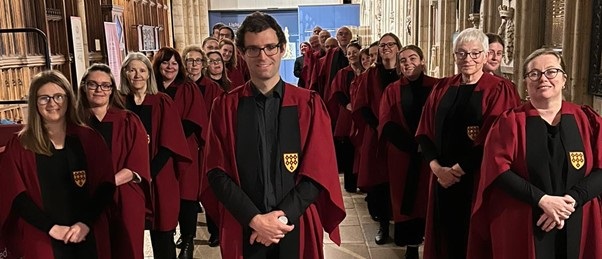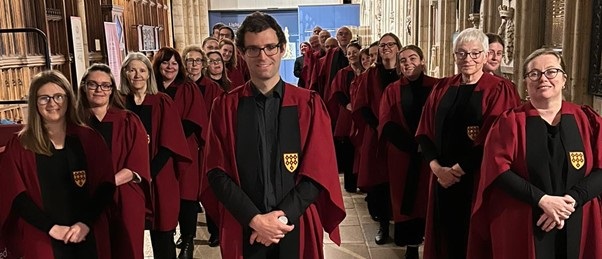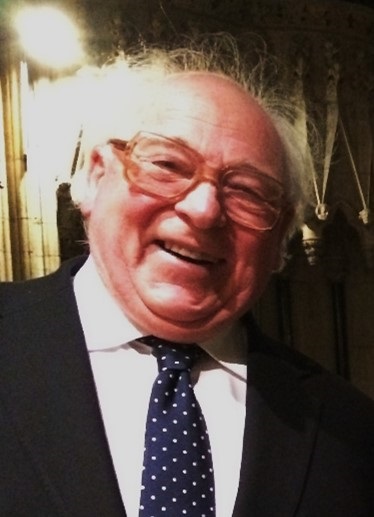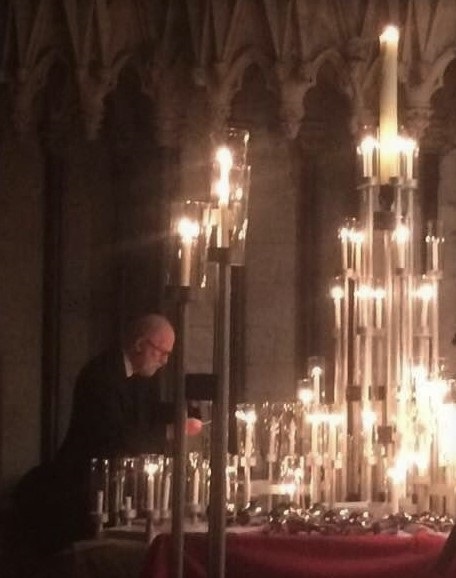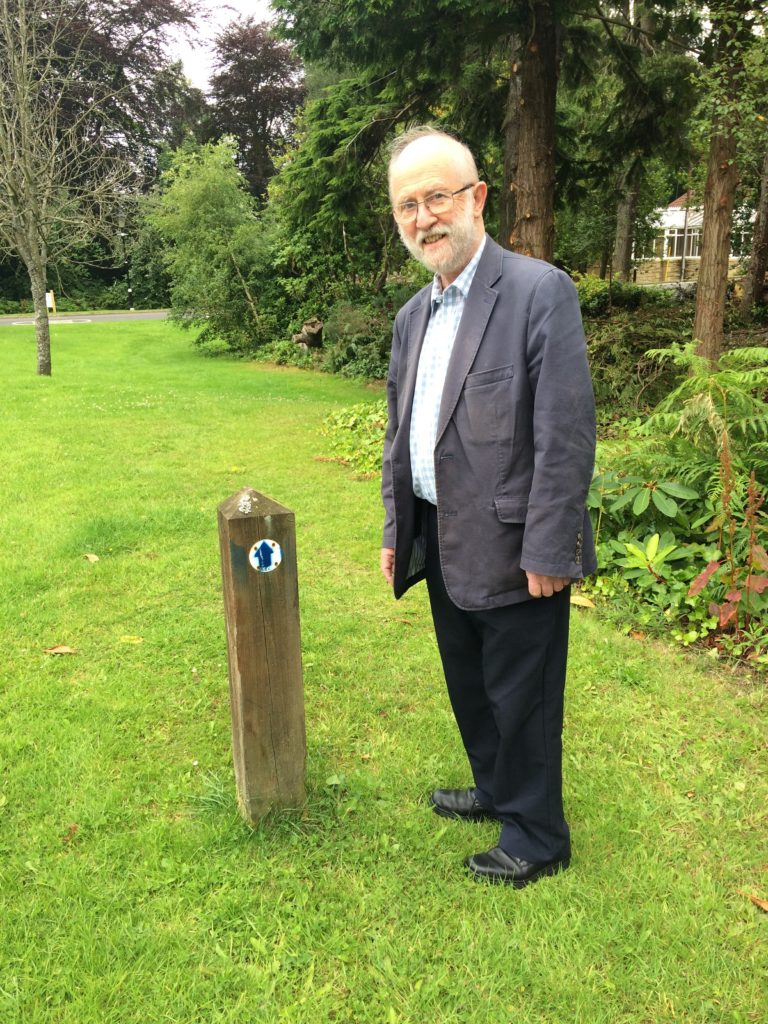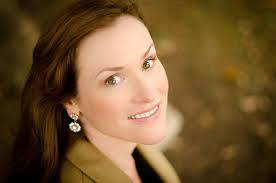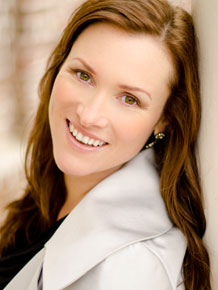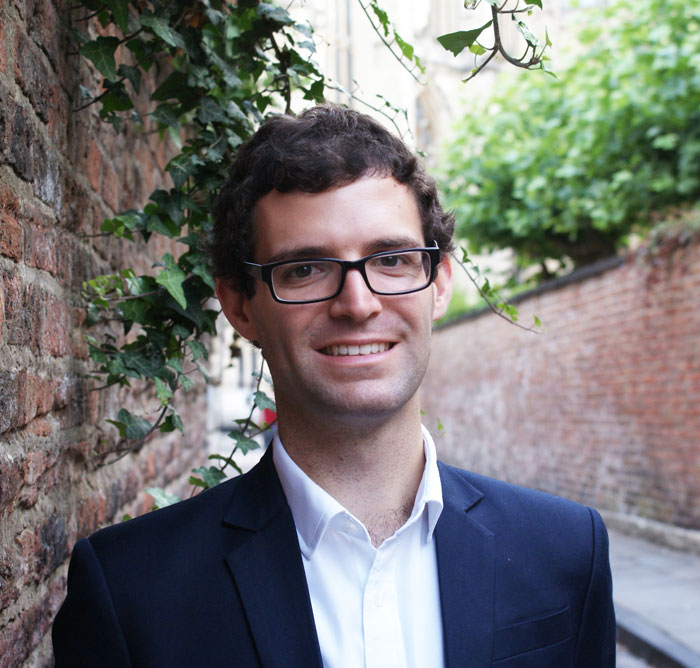
Conductor Benjamin Morris
THIS was a strange programme. Ostensibly a celebration of the Chapter House Choir’s upcoming 60th anniversary in December, it somehow morphed into marking the season of remembrance. Celebration and remembrance do not often make easy bedfellows.
Furthermore, the choir’s founder, Andrew Carter – who is also a distinguished choral composer – was in the audience. But he barely got a mention in the programme, was not invited to take a bow and had none of his works performed. Taken together, these were inexcusable omissions.
Judging by the programme, the two conductors involved were much more interested in furthering their own careers than seeing themselves as part of a noble chamber-choir tradition in York, which Chapter House Choir has spearheaded.
The nearest we came to a sense of celebration was in Roderick Williams’s setting of Siegfried Sassoon’s Everyone Sang, given a lusty account by the full forces here: the Chapter House Choir itself, the Chapter House Youth Choir and the octet Jervaulx Singers, making a grand total of nearly 60 singers, with Benjamin Morris conducting.
Otherwise, the mood was restrained, bordering on lugubrious, with mainly slow tempos. The full group opened with Arvo Pärt’s setting of Bogoroditse Djevo (the Russian Orthodox version of the ‘Hail, Mary’) and John Tavener’s take on it. Conducted by Charlie Gower-Smith, it was impressively sung by rote.
He also directed the Youth Choir in Sullivan’s The Long Day Closes, which was nicely phrased even if its relevance here was doubtful.
The Chapter House Choir alone, under Morris, developed an excellent atmosphere in Elgar’s They Are At Rest, R.I.P. piece if ever there were. Rather less engaging was Owain Park’s Footsteps, which apparently uses texts by no less than nine different authors, but has a restricted harmonic palette that lends it a nebulous feel. It outstayed its welcome.
Jonathan Dove’s Into Thy Hands, sung by the Jervaulx Singers alone, was much more focused as a piece and well modulated.
Howells’ Requiem, a marvellous work, concluded the evening. For all its glories, it seemed out of keeping with the stated headline of celebration. But it was treated with considerable reverence: its smooth, prayerful invocation benefited from beautifully sustained lines.
Psalm 121, with a noble baritone solo, brought hope; sopranos were impassioned, not to say fearless, in the subsequent Requiem before the elegiac composure of the final bars. But let us hope that this is not the final celebration of Chapter House Choir’s anniversary.
Review by Martin Dreyer


